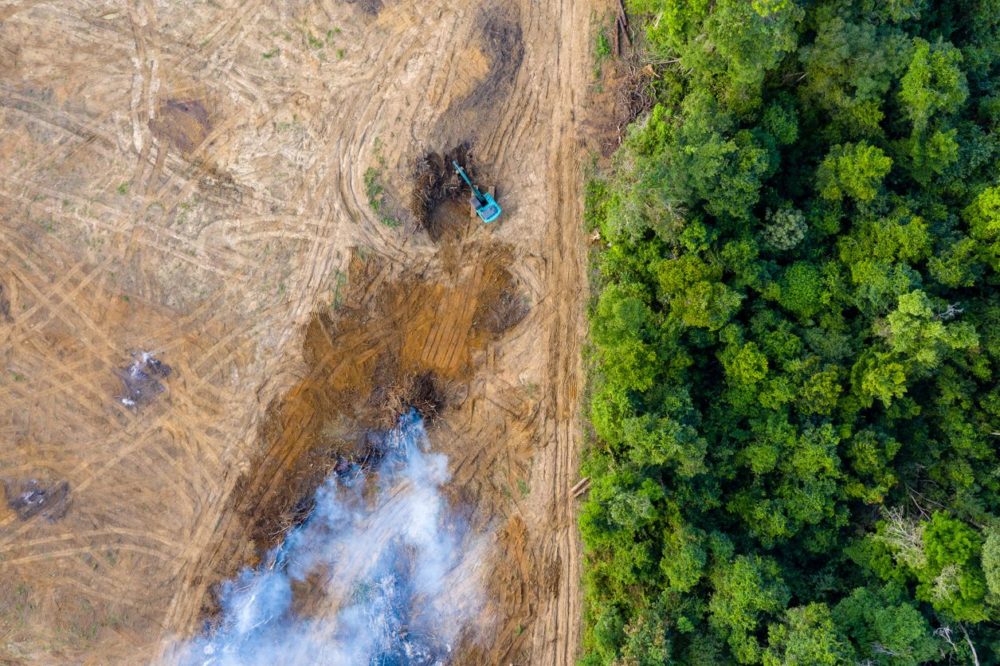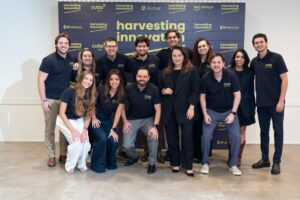- Countries are falling short of their pledges to reduce greenhouse gas (GHG) emissions and action must be taken now to hit targets, says the latest report from the UN Intergovernmental Panel on Climate Change (IPCC).
- The agriculture, forestry, and other land uses (AFOLU) sector accounted for as much as 22% of total GHG emissions between 2010-2019, the report states.
- To keep global warming at 1.5°C (2.7°F) above pre-industrial levels by 2050, methane emissions – to which meat, dairy, and rice production are significant contributors – need to fall 34% by 2030 and 44% by 2040, the IPCC says.
- But AFOLU also offers major climate change mitigation and biodiversity conservation opportunities while providing food and renewable resources.
Why it matters:
AFOLU “can provide large-scale emissions reductions and also remove and store carbon dioxide at scale,” notes the report, though it adds that land can’t compensate for “delayed emissions reductions in other sectors.”
Between 2020 and 2050, forests and other natural ecosystems can contribute the most to emissions reduction. This is important for the agrifood sector, where several major corporates have made climate commitments that include addressing deforestation.
Agriculture offers the second biggest potential share of reduced emissions, through efforts such as soil carbon sequestration, agroforestry, improved rice cultivation, and better management of livestock and chemical use.
Natural ecosystem restoration and decreased methane emissions will depend on dietary changes, as well as shift in the way we produce food upstream, the report says; it highlights emerging technologies like cultivated meat, plant-based proteins, and precision fermentation as playing an important role alongside “animal-sourced food produced in resilient, sustainable, and low-GHG emission systems.”





